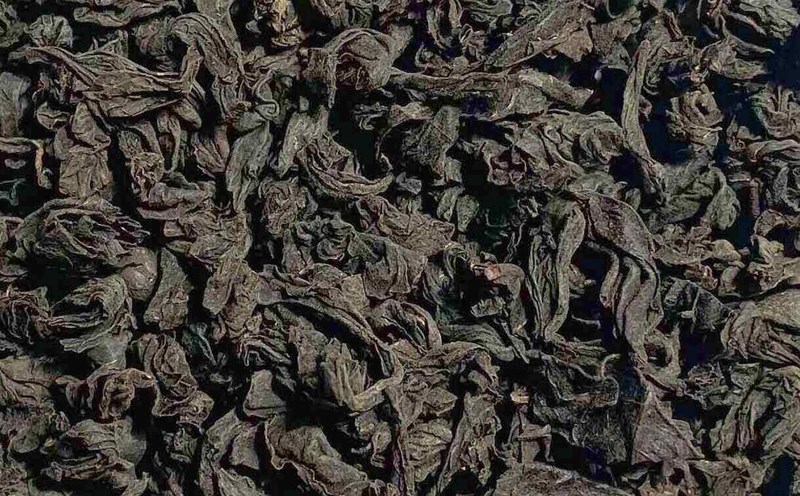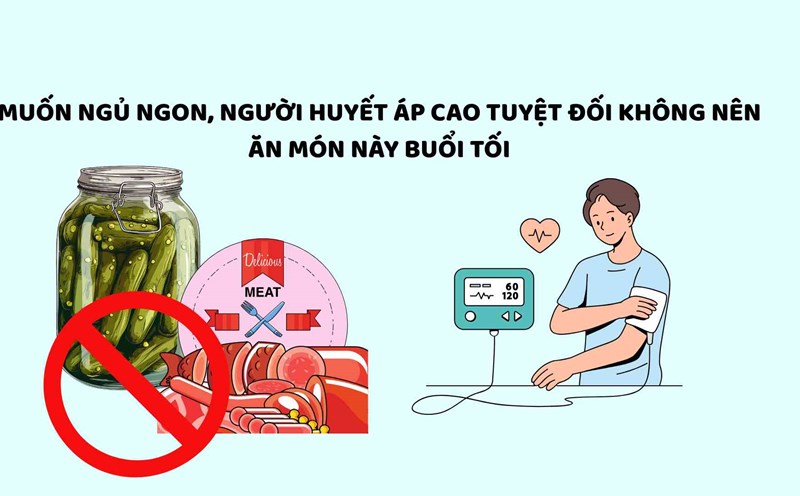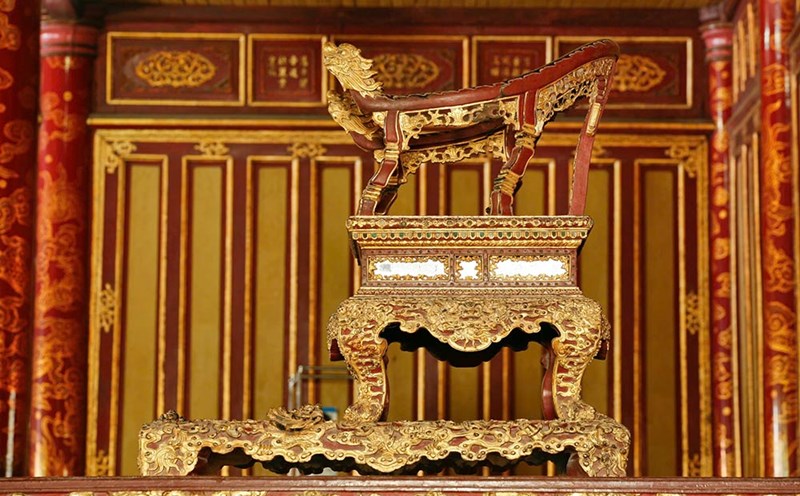Every 100 grams of squash contains 94.3 grams of water, 1.0 grams of protein, 0.2 grams of fat and 4.2 grams of carbohydrates. This is a low-fat, low-energy vegetable (21 kcal/100 grams of squash), suitable for obese people and people with high blood pressure.
Carotene in squash can protect eyesight and skin integrity. squash also contains a small amount of vitamin B and vitamin C, as well as a amount of calcium, phosphorus, magnesium, iron, zinc and other trace elements necessary for the human body.
This fruit is high in potassium and low in sodium, making it suitable for patients with high blood pressure.
squash leaves are also a green leafy vegetable with a water content of 77.34%. The crude fiber content in squash is 4.44%, almost the same as spinach, cabbage and celery. squash leaves also contain trace elements such as manganese, zinc, and copper, which are necessary for the human body.
In addition, squash contains saponin, bitter melon, mucus, wood glue, citrulline, xylan and interferon and other bioactive substances, not only which have the effect of regulating human physiological function but also have the effect of preventing skin aging, protecting the skin, removing plaque, helping the skin to be white.











